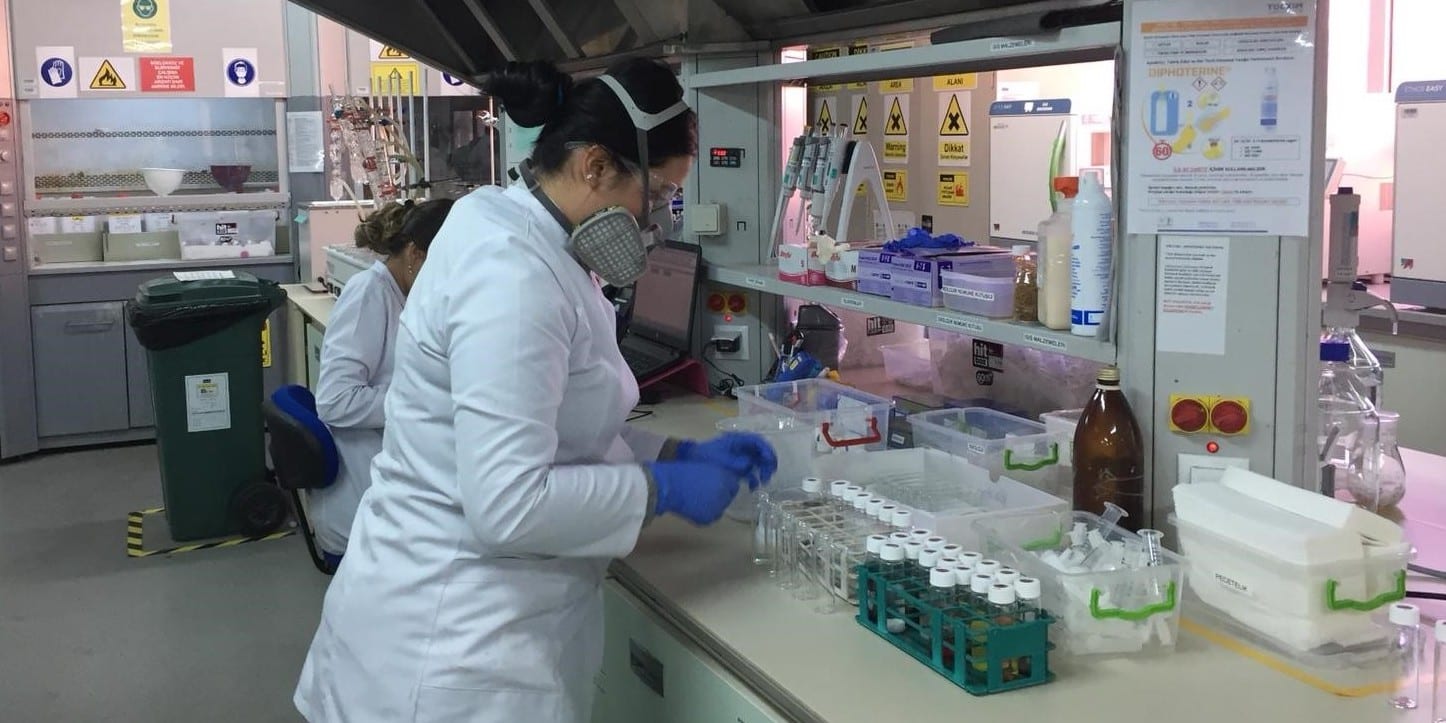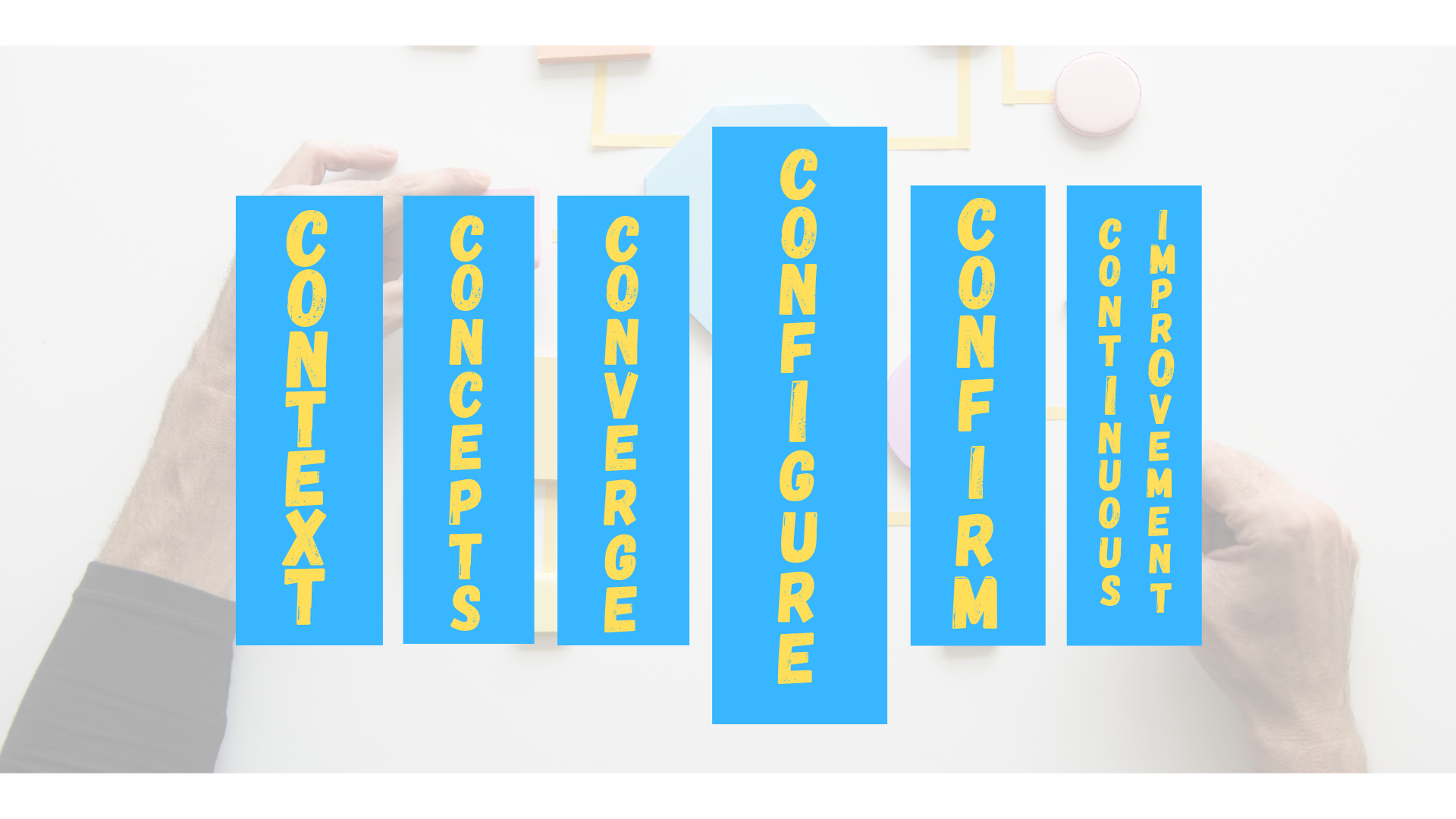
How E.ON is dealing with a volatile energy market
INTERVIEW – A VP at energy company E.ON shares his thoughts on the current energy crisis and discusses how lean is helping them to navigate it.
Interviewee: Huibert-Jan den Hartog, Vice-President and Transformational Leader, E.ON
Roberto Priolo: Energy is on everybody’s lips these days, with consumers facing soaring costs. What are things like for a large energy company like E.ON?
Huibert-Jan den Hartog: There are two main challenges. First of all, a big push towards renewable energies, which we have been experiencing for a while now, and the adoption of new technologies in the consumer market. This entails redesigning our grids and transforming the energy system from a top down, centralized model to a level-plain field. Secondly, as a result of the war in Ukraine, we are of course experiencing an energy crisis, with consumer paying more and more attention to their energy consumption and a spike in bad debt. The situation is very much in flux, and nobody really knows what the energy market will look like going forward.
RP: E.ON has been on a lean journey for about 15 years. What sort of things are you focusing on right now?
HJDH: We have been at it for a long time, that’s true. However, I would say that lean has received a renewed push at E.ON over the past year, under the umbrella of the so-called E.ON Business System. We see this as an important decision, especially following the completion of our merger with Innogy two years ago (which made us one of Europe’s largest energy networks and infrastructure operators, serving 50 million customers and employing 75,000 people). We are now resuming our transformation as one, integrated organization.
The E.ON Business System framework, which stems from our commitment to continuous learning and improvement, provides our businesses with tools and techniques they can use to boost their performance. Alongside it, we have the Performance Heartbeat, a set of metrics we consider important for the business and that we continuously track and improve upon.
Digital technologies are another big focus point for us at the moment (as they are for many other businesses out there), as we strive to figure out how they can support our lean improvements. We are also exploring the interface between lean and Agile, and we are finding a lot of great synergies between the two.
RP: With a diverse portfolio of 1,500 business, lean must be a pretty useful tool when it comes to bringing consistency to your operations and culture. Would you agree?
HJDH: Yes! Even though our framework has slightly changed over time, a lot of our people are already educated in the basic principles of Lean Thinking. We have a lot of practitioners, which means we have a strong foundation to build our improvement efforts on. The Business System is agnostic to any type of environment it is used in and brings a common language that people understand – whether they work in electric vehicle charging, solar panels or any other area of the business.
RP: How does E.ON leverage lean to support its strategy?
HJDH: Culture eats strategy for breakfast, they say, and without the right mindset there is no chance you’ll be able to bring your plans to fruition. I believe that lean represents a powerful framework we have at our disposal for transforming our culture, thus enabling to execute on our strategy.
RP: Do you think lean is making E.ON more flexible in the face of changes in the outside world?
HJDH: I do. It comes down to being in control of your business and knowing the parameters driving it. Lean gives us that (in our case with our Performance Heartbeat, for example), making us more capable of adapting to the adverse circumstances in the market. Thanks to lean, given a certain situation or problem, we know what to do and who we need to mobilize. The current situation is, of course, impacting us, throwing surprises at us almost on a daily basis, but lean allows us to be in control of it and maintain a certain degree of dynamism.
RP: What is an example of an improvement you have made?
HJDH: One of our projects focused on the smart metering business, which need to be rolled out to all consumers in Germany. We have mechanics on the field going out to install them in people’s houses. As part of this lean project, we are tracking the successful installation of meters. At one point, the rate suddenly dropped from 80-90% to below 30%. The team didn’t know what to do. So, we performed a deep dive into the problem, engaging all parties involved in the process, using fishbone diagrams to zoom in on some of the issues we were observing. Within a couple of weeks, the number were back up, where they were before (which is important because we incur a penalty from the regulator if we don’t meet our target). It turned out the main problems were variation related to our software (because we have several vendors) and knowledge sharing (more experienced installers knew tricks to ensure successful installation that third-party providers or younger installers didn’t).
THE AUTHOR

Read more


FEATURE – A laboratory testing services firm in Istanbul has turned to lean management to reduce complexity, shorten lead-times, and make its growth sustainable.


SERIES – The authors discuss the fourth of six elements in their 6CON process development model – CONfigure – refining the selected process concept to maximize value-added activities.


RESEARCH - Standard work is not meant for senior leadership, but there are activities that CEOs can carry out systematically to support a lean management system, starting from problem solving.


FEATURE – Every lean generation has faced challenges, and it’s critical we understand the context around us if we are to continue to grow our Community, says Jim Womack.

